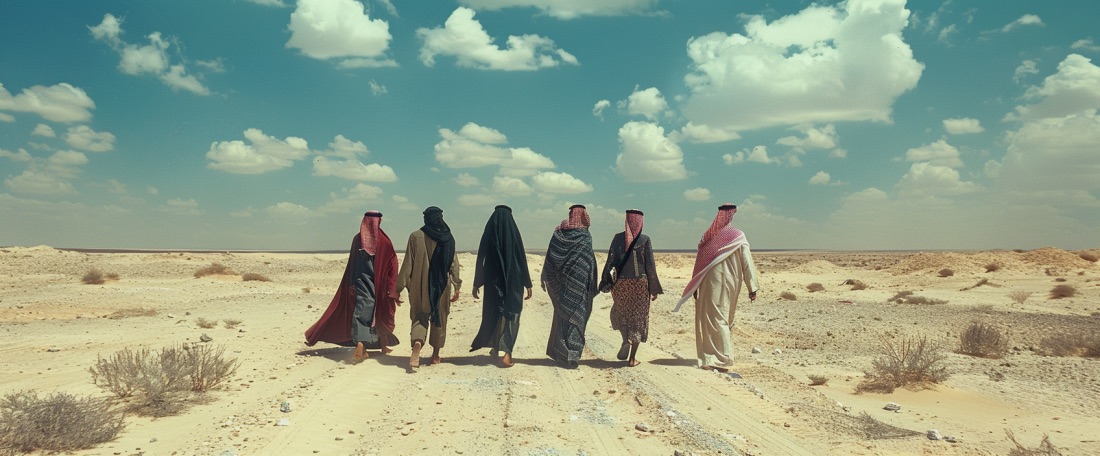EU to Lead Global Efforts at COP16 in Riyadh
The European Union (EU) is gearing up to ramp up global cooperation at COP16 in Riyadh, collaborating with international partners to combat desertification, land degradation, and drought, while also tackling critical issues like food security, biodiversity loss, and water scarcity.
Advocating for Stronger Action
At the 16th Conference of the Parties to the UN Convention to Combat Desertification, scheduled from Dec. 2 to 13, the EU will have a platform to push for stronger action on these interconnected global challenges. These issues, exacerbated by climate change, pose threats to economic, social, and environmental stability, as highlighted in a recent press release.
Strategic Autonomy and Security
The EU stresses that addressing these challenges is vital for securing its strategic autonomy, enhancing competitiveness, and ensuring long-term security.
Leading Delegation
Jessika Roswall, the EU Commissioner for Environment, Water Resilience, and a Circular Competitive Economy, will lead the EU delegation at COP16.
Commitment to Collaboration
“The world loses 100 million hectares of healthy and productive land every year — around twice the size of France. Without rich and fertile soils, we have no food. Without healthy land, people lose their livelihoods,” Roswall emphasized. She added, “The EU is committed to working with international partners and will play a crucial, leading role in the negotiations in Riyadh.”
Advocating for Integrated Solutions
At COP16, the EU will advocate for stronger connections between the three Rio Conventions — climate change, biodiversity, and desertification — and will focus on integrated solutions to the complex challenges of land degradation, biodiversity loss, and climate change. The EU will also push for a shift from reactive, crisis-driven drought management to more proactive, long-term strategies.
Key Focus Areas
Another key focus for the EU will be increasing the involvement of civil society organizations and the private sector in the UNCCD processes. The EU will also push for gender-balanced and gender-responsive approaches to policy implementation. Additionally, securing a robust budget for the UNCCD’s secretariat to support the implementation of agreements beyond 2030 will be a priority.
Addressing Water Crisis
On Dec. 3, the EU will host the high-level One Water Summit, aimed at advancing global water governance and accelerating progress toward Sustainable Development Goal 6, which focuses on water and sanitation, in preparation for the 2026 UN Water Conference.
Unveiling Strategic Initiatives
During the conference, the European Commission’s Joint Research Centre, in collaboration with the UNCCD, will unveil the World Drought Atlas, providing a comprehensive global assessment of drought risks and offering actionable strategies for building resilience. The UNCCD will also release the Economics of Drought Report, which outlines the economic benefits of preventing droughts and the costs of inaction.
Positioning Water Resilience as Key Strategy
The EU is prioritizing the acceleration of global efforts to address the water crisis, driven by overuse, mismanagement, and the impacts of climate change. With global freshwater demand expected to exceed supply by 40 percent by 2030, the EU has positioned water resilience as a key strategy to tackle future crises in health, food, and energy.

